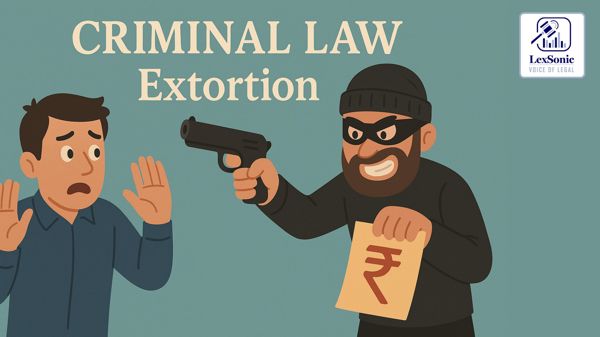Supreme Court Grants Anticipatory Bail to Bihar Policeman Accused of Extortion.
27 October 2025
Anticipatory Bail >> Criminal Law | Extortion >> Criminal Law
The case was initiated on the basis of an FIR filed in August 2024 in Jehanabad Police Station, Bihar, accusing the appellant, who is a police officer in service, of extorting money from truck drivers who carried contraband. The appellant's anticipatory bail application had already been dismissed by the Patna High Court, and this led him to approach the Supreme Court.

Consequently, the Court converted the interim order into a permanent one and ordered that in three weeks, the appellant should provide bail bonds to the trial court's satisfaction, executing undertakings to (a) assist the investigating agencies and (b) abstain from interfering with witnesses or evidence.
The judgment also emphasizes that public officials, even police officers, are due the same procedural safeguards as other citizens, as long as they are transparent in the judicial process. This pragmatic approach is a reminder that anticipatory bail is not immunity from prosecution, but a conditional assurance against abuse of the arrest power.
